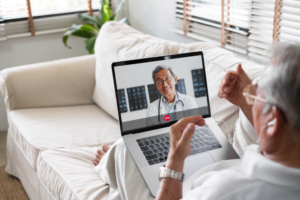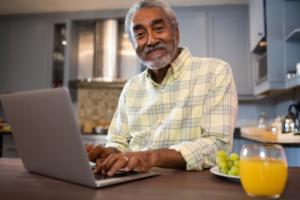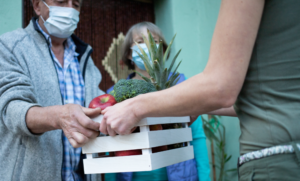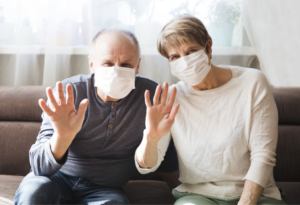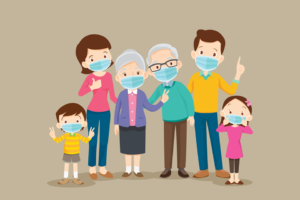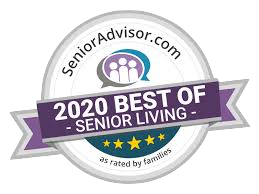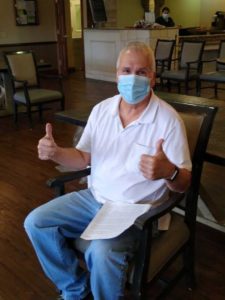
New Haven Assisted Living received vaccines first creating the safest environment for its residents.
AUSTIN, TEXAS (February 2, 2021) New Haven Assisted Living, with 10 assisted living and dementia care communities throughout Texas, looks forward to the long-term protection
